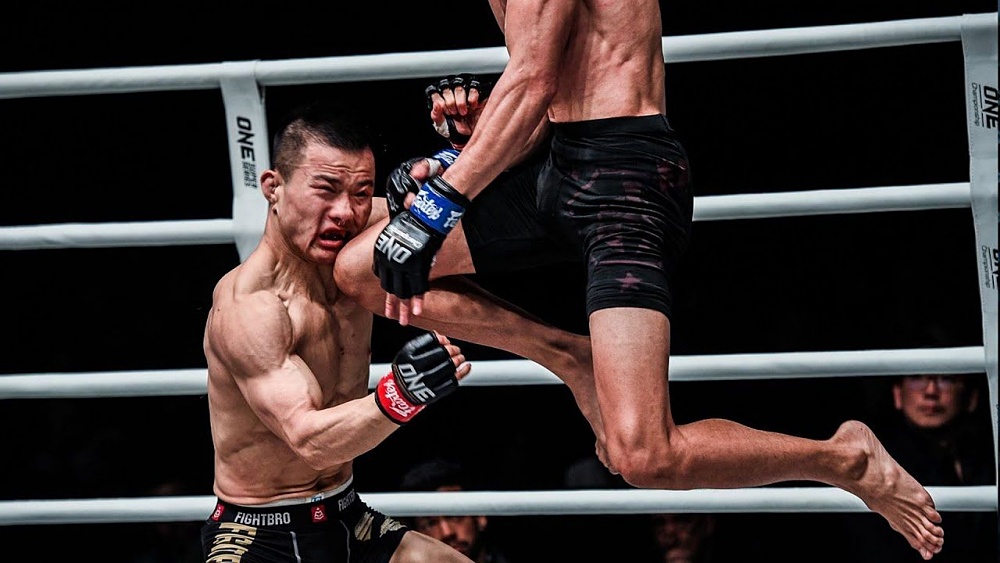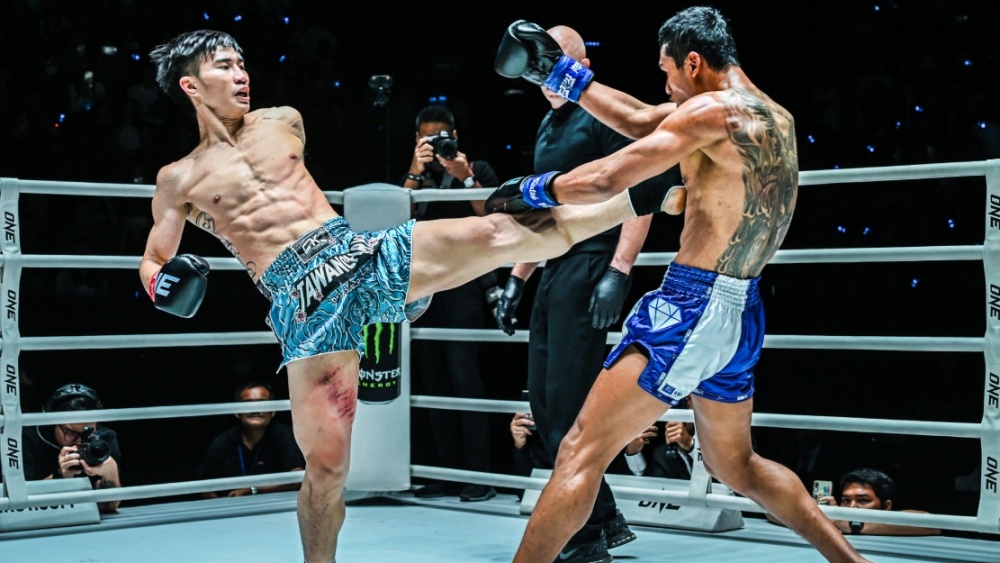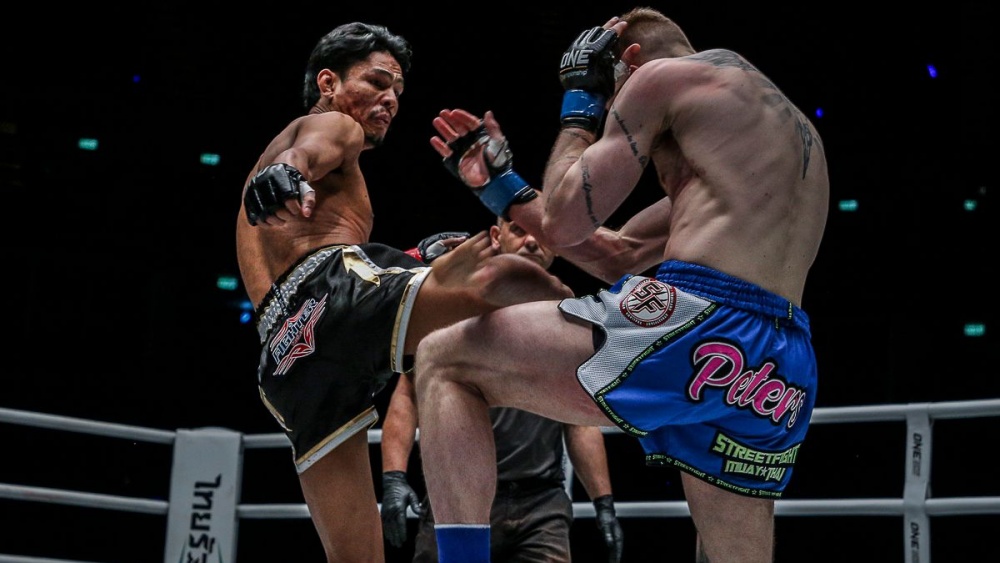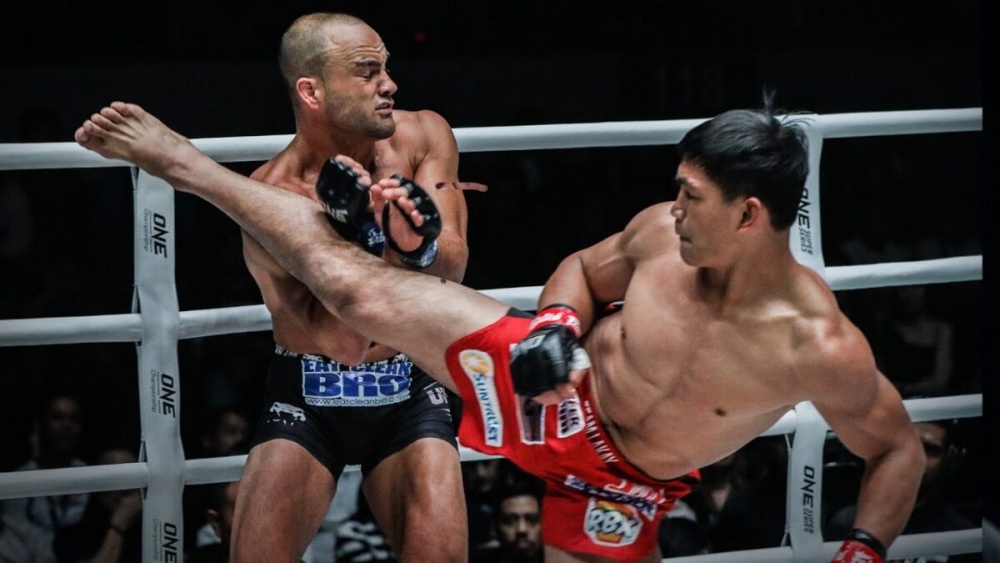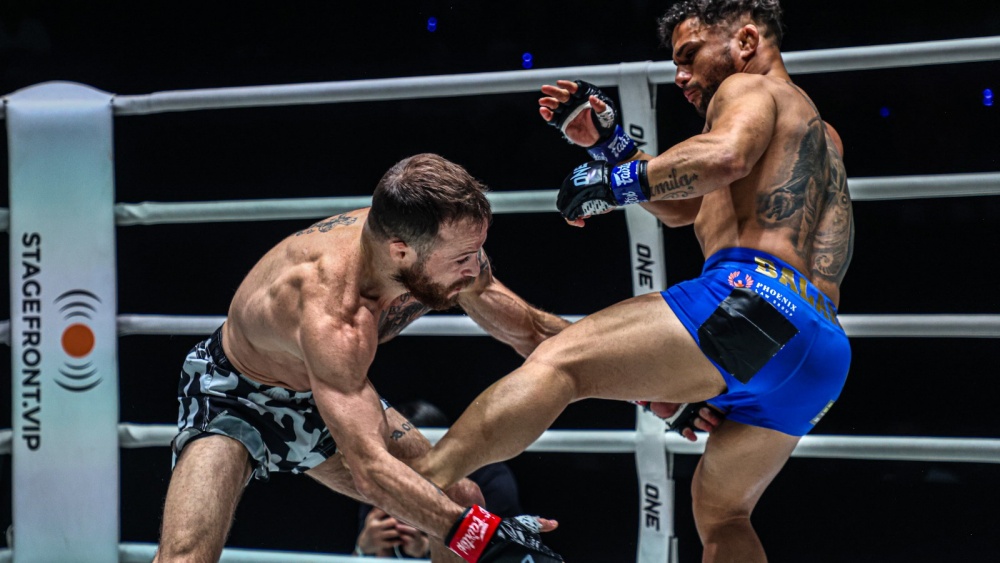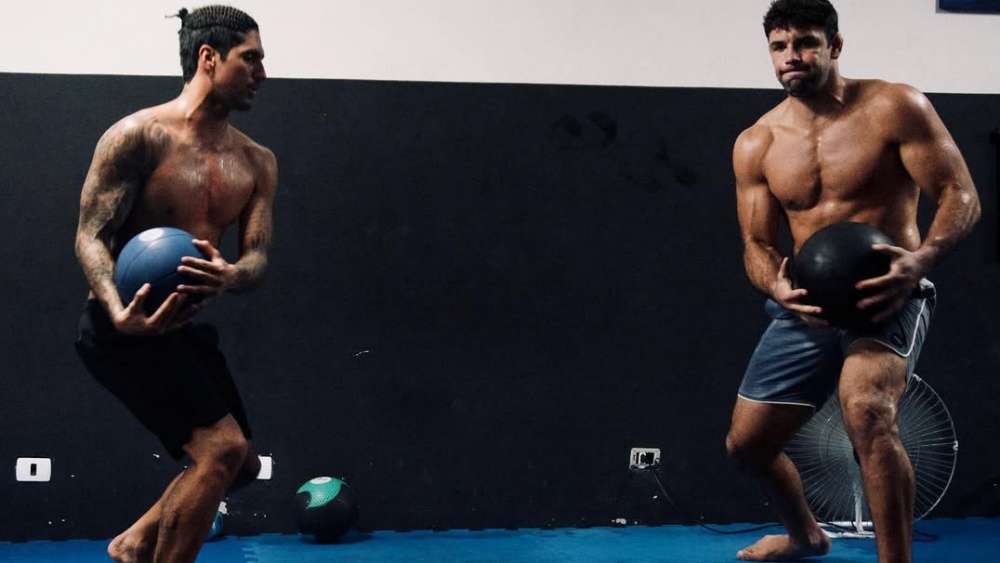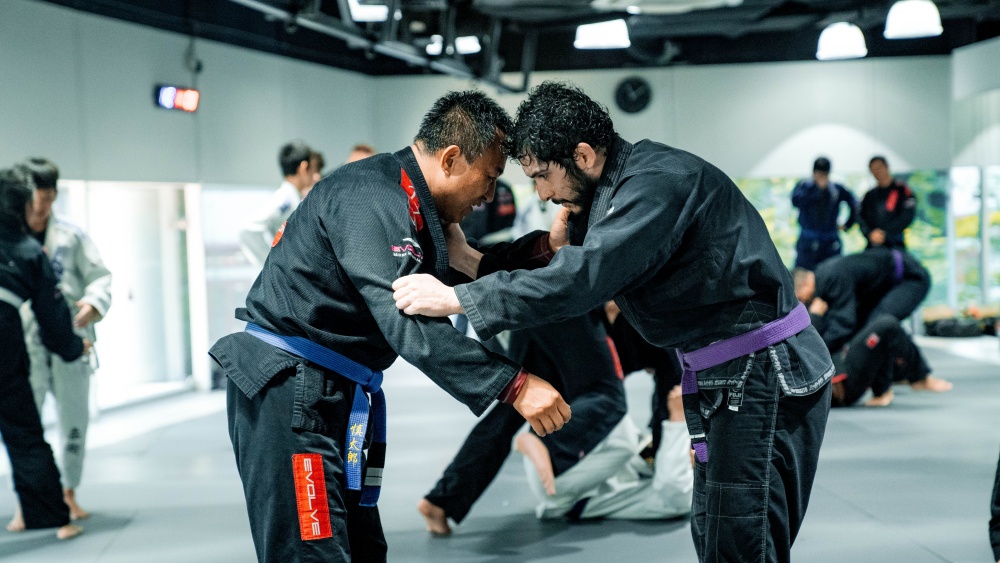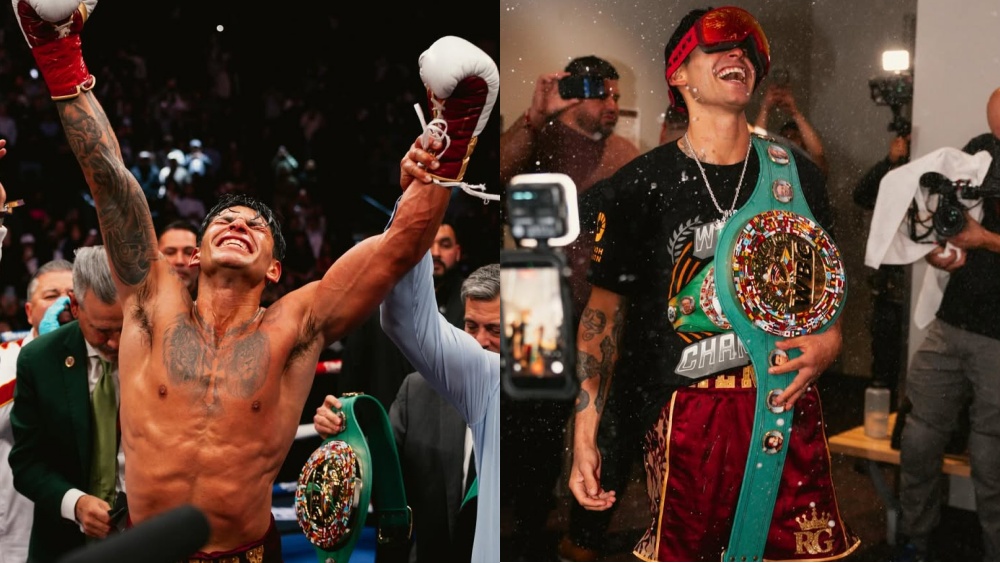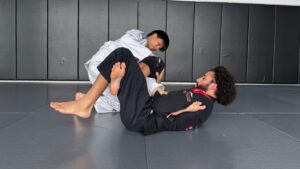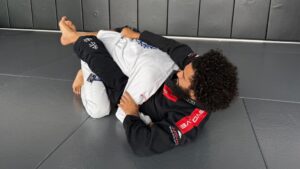Early last month the IFMA President, Sakchye Tapsuwan, made waves across the global Muay Thai community when he announced that the art of eight limbs will be granted the opportunity to be showcased as a demonstrative sport at the Paris Olympic Games later this year. While this still doesn’t guarantee that Thailand’s national sport will get a place in future games, it is certainly enough to spark the hope of a global community of young Nak Muays with aspirations for future Olympic gold.
This event did not happen overnight. The IFMA, and the global Muay Thai community, have been pushing towards Olympic recognition for over thirty years. In this article, we are going to shed some light on Muay Thai’s plight to become an Olympic sport. We’re going to explain what it means to be a demonstrative sport and why it is such a huge deal for Muay Thai. Then we’ll explain what Olympic Muay Thai under IFMA will look like, so you know what to expect if Muay Thai finally reaches its goal to become a part of the official Olympic agenda.
Why Is This A Big Deal?
Demonstrative sports have a long history in the modern Olympic games. Usually, demonstrative sports were included as a part of the Games’ agenda to either highlight a sporting event that had specific cultural relevance to the host nation or was used as a platform for prospective International Sporting Federations to showcase their ability to stage events that meet the Games’ stringent standards.
The announcement that IFMA will be a demonstrative sport at the 2024 Games is incredibly shocking for two reasons. Firstly, in 1989 The International Olympic Committee made the decision to suspend ‘Demonstrative’ events at the Official Games due to the financial costs involved in running sporting events that weren’t going to be included in the final medal tally. This means that Muay Thai will be the first demonstrative sport to be included in the Olympic agenda since the Seoul Games almost three and a half decades ago. Secondly, Muay Thai is a sport synonymous with its birth nation, Thailand, where it is the country’s national sport. The fact that it is being demonstrated in the European nation of France, a country with its own national martial art, Savate, has led the sporting world to optimistically speculate about Muay Thai’s inclusion in future games.
IFMA At A Glance
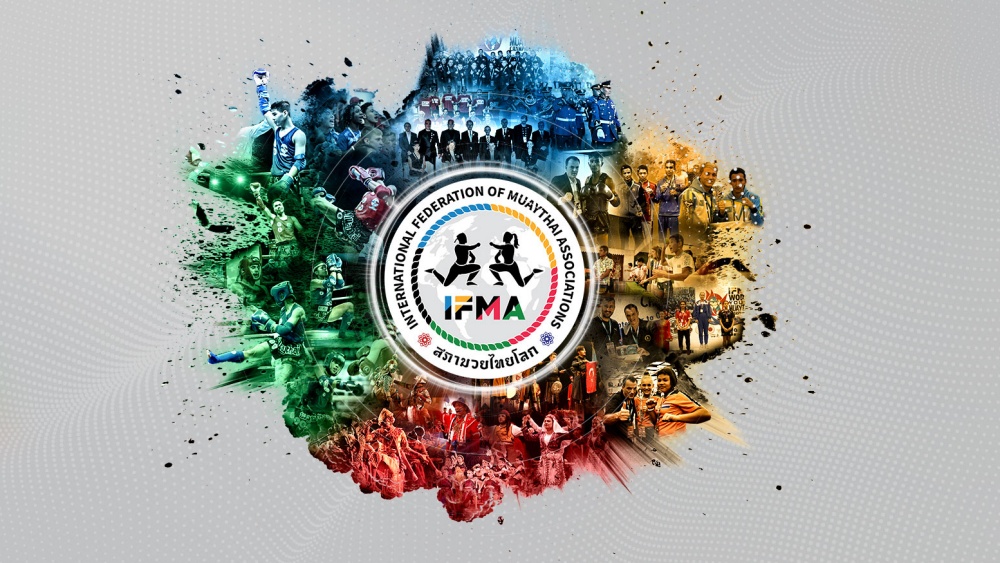
The International Federation Of Muay Thai Associations (IFMA) is the International Federation that has been granted the opportunity to demonstrate Muay Thai in Paris later this year. Currently, IFMA has 152 member countries, and five separate continental federations, making it a massive and global powerhouse, practically unrivaled in the Muay Thai world. This wasn’t always the case. It took decades and tireless effort for them to reach the precipice of Olympic inclusion.
IFMA’s history began in 1993 when a small association of member countries united with the goal of progressing the sport of Muay Thai around the world. Two years later IFMA participants competed at the 18th Southeast Asian Games, the first step towards their recognition by the Olympic Council of Asia in 1998. Since then, IFMA has become a regular presence at international sporting events such as the Arafura and World Games, even hosting their own yearly World Championships where the best fighters from each nation would send athletes to compete in lengthy, Olympic-styled tournaments.
In 2012, IFMA made its official claim to Olympic aspirations, sending a letter to the IOC with the intent to gain recognition as an official sporting body and participate in the global event. The IOC responded by giving them a list of 54 criteria they needed to meet in order to be granted inclusion. It was a challenge the IFMA rose to meet with all of the effort they could muster and in 2016 they were granted provisional recognition, finally being granted full Olympic recognition at the Tokyo Games in 2021, though without being admitted to participate in the games themselves.
What Would Olympic Muay Thai Look Like?
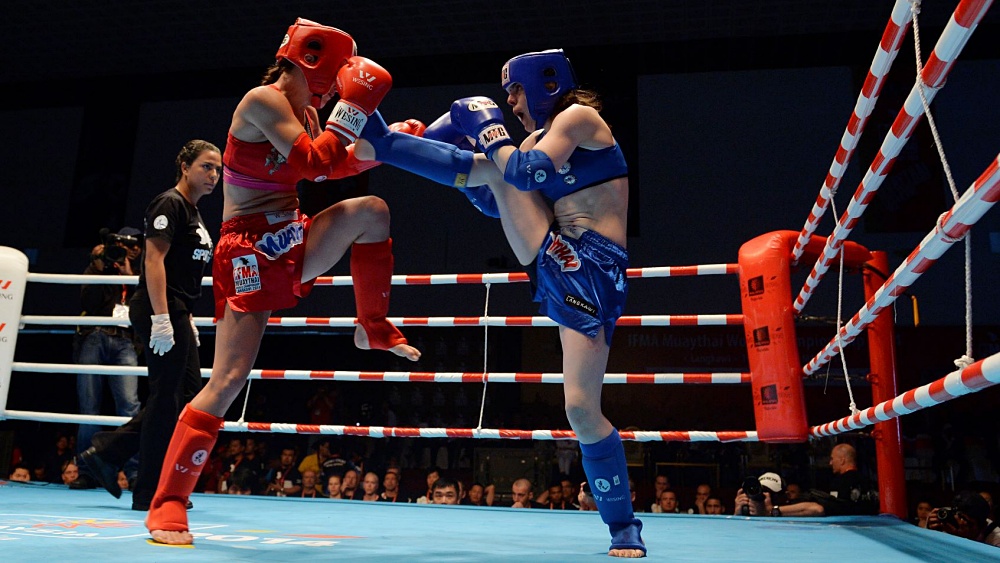
Anyone who is familiar with the IFMA World Championship events will already have a pretty good idea of what Muay Thai at the Olympics would look like. National IFMA associations around the globe select an athlete to compete in each category, usually through National IFMA events, and these athletes are submitted to a randomly drawn ballet determining who will face each other in an elimination-style tournament that takes place over a number of weeks.
The IFMA ruleset is noticeably different from those of Bangkok’s stadium Muay Thai or professional promotions such as ONE Championship or RWS. Most noticeable is the presence of padding, athletes must wear shin and elbow pads alongside a head guard, all of which help protect fighters who might have to compete up to half a dozen times over the course of the tournament.
In the IFMA rulebook, fights take place over three, three-minute rounds and all strikes are scored evenly to make scoring simpler for the average spectator to understand. There aren’t conditional scoring techniques like you’d see in stadiums, and it is the number of scoring strikes that determines the winner, not the amount of damage incurred on a fighter.
The Benefits Of Being An Olympic Sport
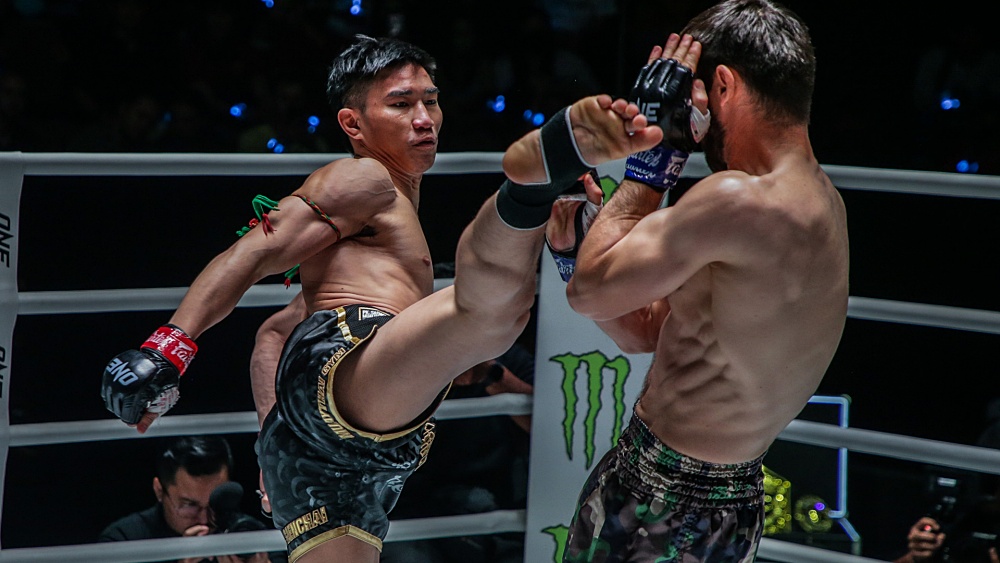
Being an Olympic sport comes with a few great perks. Firstly, being part of the official program shines a massive spotlight on a sport, boosting viewership and participation globally. If Muay Thai were to get to this stage it would hopefully boost the sport’s global economy. More people viewing Muay Thai events, and more people going to gyms to learn the beautiful art will no doubt result in more money being invested into Muay Thai gyms, promotions, and fight purses across the sport’s entire ecosystem.
Secondly, The International Olympic Committee gives generous financial aid to their official Federations. Over half a billion dollars in financial aid was given to sporting bodies that participated in the 2021 Tokyo Olympics. This totaled at just over $8 Million US Dollars per federation. If IFMA was given this kind of financial support, the hope would be that bigger and more frequent events would take place each year, giving more opportunities to more up-and-coming athletes.
Don’t Get Too Excited Yet
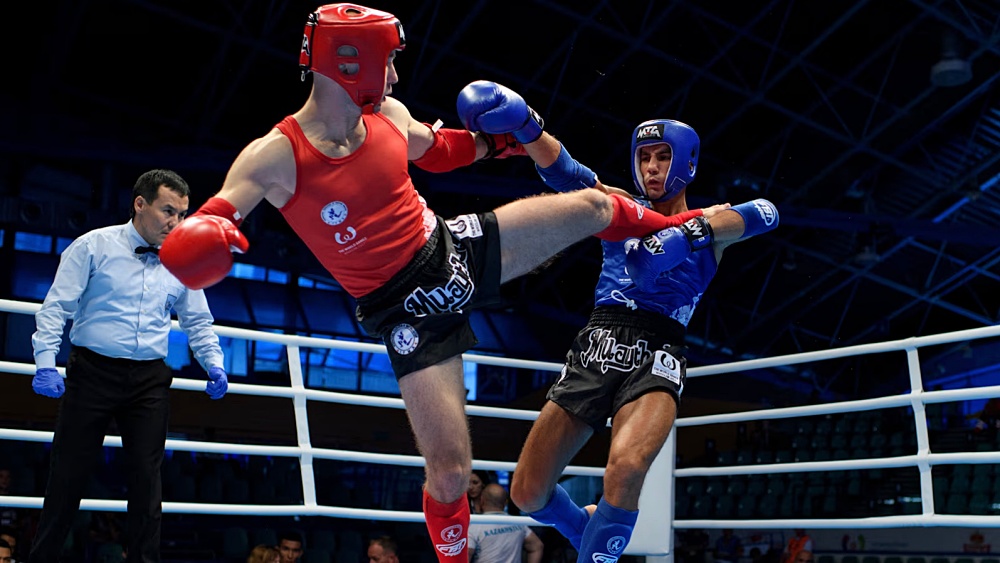
While IFMA inclusion in the Olympics is without a doubt a positive step for Muay Thai, it’s important that fans and athletes reign in their expectations for what it will mean. Olympic recognition won’t mean that every fighter can live their dream of Olympic Gold, and not every fan will see their favorite fighters taking part in the games.
There is a very important Olympic regulation that bans the participation of professional athletes at their games. Olympic athletes and coaches can’t participate for financial reward. In the official Olympic rulebook athletes can only compete “solely for pleasure and for the physical, mental or social benefits he derives (from sport).”
This doesn’t just include during the games, it means ever. The IFMA World Championships are notorious for attracting professional world champions such as Jimmy Veinot, Capitan Petchyindee, and Liam Nolan, all of whom captured IFMA medals whilst being signed to promotions such as Glory and ONE. Not only will these big-name stars be denied entry to any future Olympic games, but so too would any fighter who ever received a purse of ticket commission for fighting.
Also, while Muay Thai may become an official Olympic sport, it is the national Olympic committees that have the final say on which sports they send athletes to compete in. A fighter may win their national selection event only to find that they are later denied the opportunity to represent their country at the games. This can be for various reasons, such as financial constraints or other considerations. So, even if Muay Thai becomes an Olympic sport, it may still be some time before your country participates in the IFMA Olympic events.
Conclusion
Finally, being a demonstrative sport doesn’t guarantee that Muay Thai will get selected for future Olympic events. If IFMA can’t prove that it can work to the Olympic standard, or it doesn’t gather enough interest from Olympic fans, it can be sidelined indefinitely. But, if the worst were to happen, and Muay Thai falls short on its debut trial, it isn’t the end of the sport’s Olympic hopes. Basketball was demonstrated five times before it was finally adopted into the games and Muay Thai, like its champion fighters, won’t quit after facing just one setback.
You may also like:
